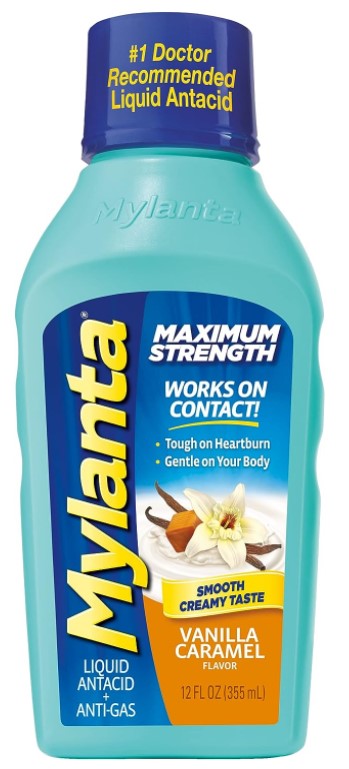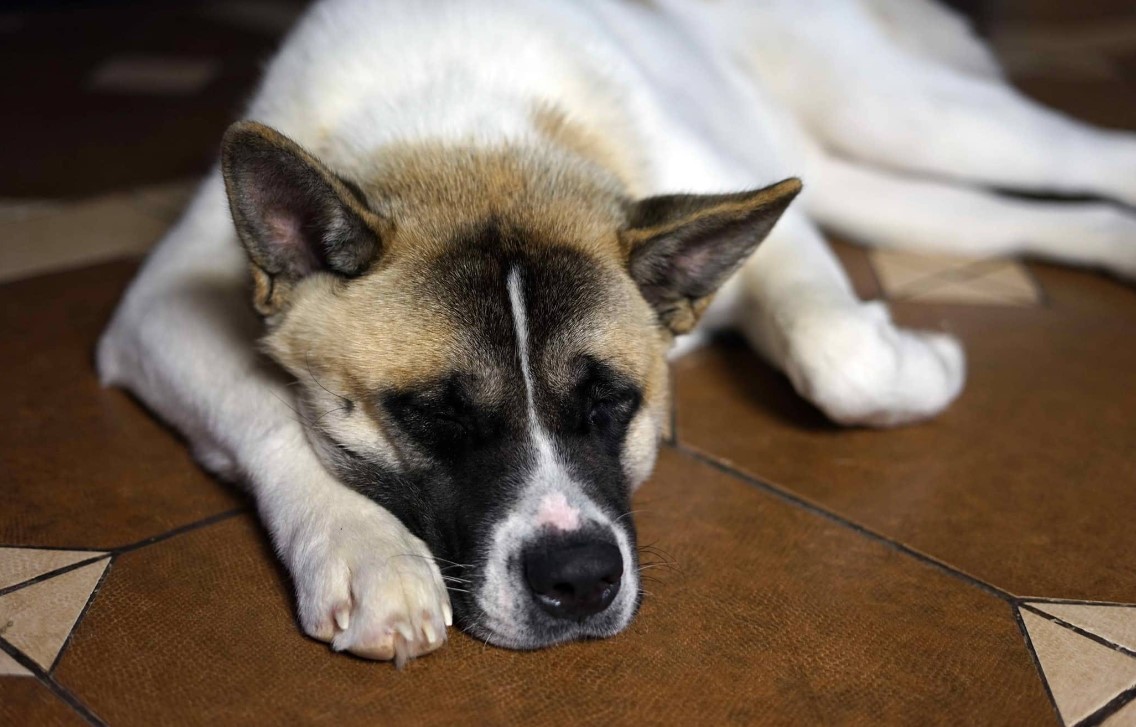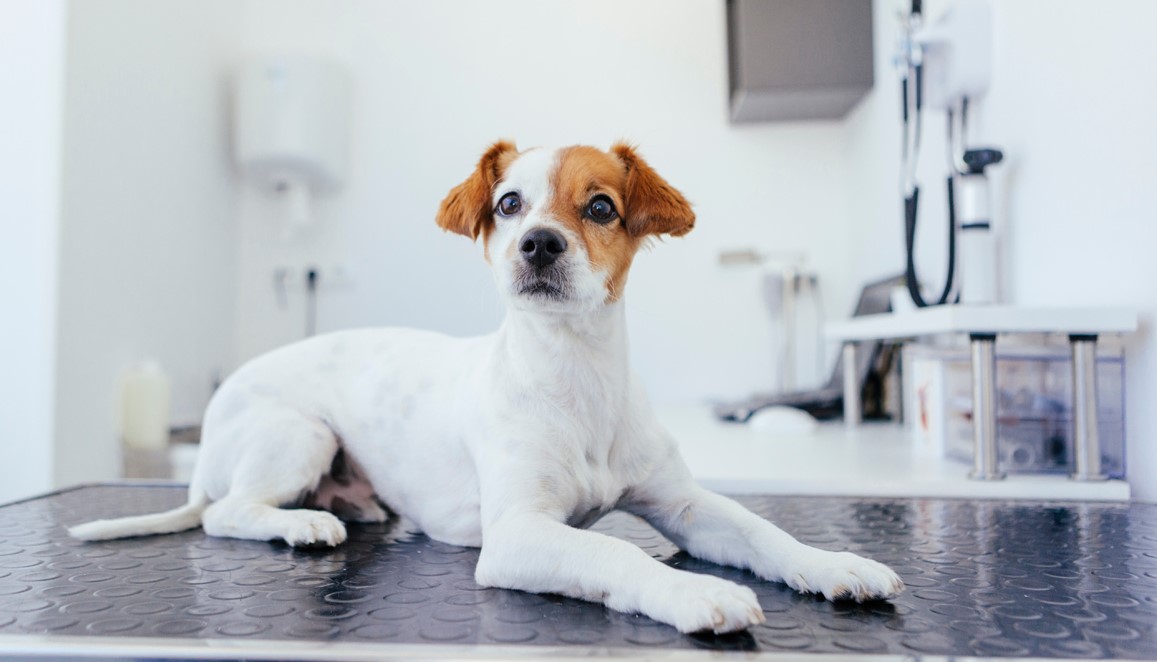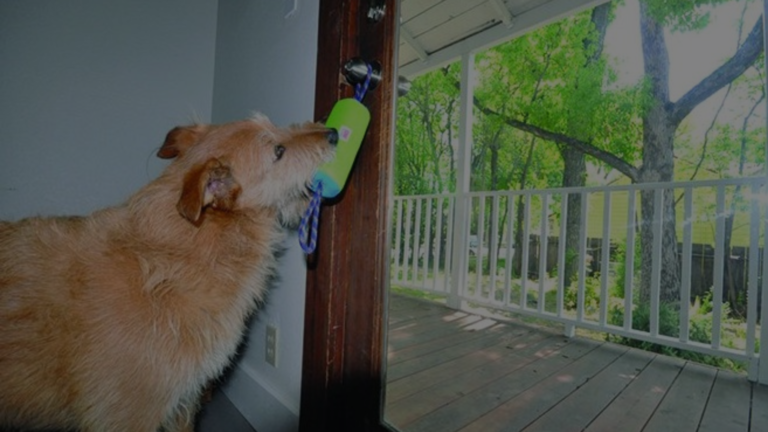If you’re a pet owner, you know that our furry friends can sometimes experience tummy troubles. Just like us, dogs can suffer from indigestion and acid reflux. It’s natural to want to help your canine companion feel better, but can you give a dog mylanta? In this article, we’ll explore the ins and outs of this topic and provide you with expert guidance on how to care for your pet’s digestive health.

What is Mylanta?
Before we examine whether it is safe to give Melanta to dogs, let’s understand what Melanta is. Mylanta is an over-the-counter antacid commonly used in humans to relieve heartburn, acid indigestion, and upset stomach. It contains active ingredients like aluminum hydroxide, magnesium hydroxide, and simethicone, which work to neutralize stomach acid and reduce gas.
Acid Reflux in Dogs
Acid reflux, also known as gastroesophageal reflux disease (GERD), can affect dogs just as it does humans. It occurs when stomach acid flows back into the esophagus, causing discomfort and irritation. Some common signs of acid reflux in dogs include:

- Excessive burping
- Vomiting
- Regurgitation
- Coughing
- Lack of appetite
- Drooling
- Discomfort or restlessness
Can You Give Mylanta to Dogs?
Now, the big question: Can you give Mylanta to a dog? The answer is not a simple yes or no. Although Mylanta is generally safe for humans, it is not specifically formulated for dogs. This means that managing your furry friend should be approached with caution.
Potential Risks
There are a few potential risks associated with giving Mylanta to dogs:
- Dosage: Determining the correct dosage for dogs can be tricky. Too much Mylanta could lead to adverse effects.
- Inactive Ingredients: Mylanta contains ingredients like xylitol, which is safe for humans but can be toxic to dogs.
- Underlying Issues: Acid reflux in dogs might be a symptom of an underlying medical condition that needs proper diagnosis and treatment by a veterinarian.
Consult Your Veterinarian
If you suspect that your dog is suffering from acid reflux or any digestive issues, it’s essential to consult your veterinarian. They will be able to provide a proper diagnosis and recommend the best course of action. Your vet may prescribe medications or suggest dietary changes that are safe and effective for your dog.

Safer Alternatives
While Mylanta may not be the ideal solution for dogs, there are safer alternatives you can consider to help alleviate your pet’s discomfort:
- Pepcid (Famotidine): This medication is sometimes prescribed by veterinarians to reduce stomach acid in dogs.
- Dietary Modifications: Changing your dog’s diet to include bland, easily digestible foods may help reduce acid reflux symptoms.
- Elevating Food Bowls: Feeding your dog with elevated food bowls can reduce the chances of acid reflux.
- Small, Frequent Meals: Offering smaller, more frequent meals can help minimize the risk of acid reflux.
When to Seek Emergency Care
In some cases, acid reflux in dogs can lead to more severe conditions. If you notice any of the following symptoms, seek emergency veterinary care:

- Bloody vomit
- Black, tarry stools
- Difficulty breathing
- Severe lethargy
These symptoms could indicate a more serious problem, and immediate attention is crucial.
Conclusion
In summary, while Mylanta is safe for humans, it is not the best option for treating acid reflux in dogs. It is always best to consult your veterinarian for proper guidance and medication for your dog’s specific needs. Your furry friend’s health is of utmost importance, and with the right care, they can enjoy a happy and comfortable life.
Resources & References
For more information on pet health and related topics, please refer to the following resources:
Recommended Articles
Acid Reflux in Dogs (Video)
If you’d like to learn more about acid reflux in dogs, we recommend watching this informative video:
In this video, you’ll find additional insights into managing acid reflux in your furry friend. Remember, a healthy and happy pet starts with your care and attention.
FAQs – Can You Give a Dog Mylanta
What antacid is safe for dogs?
Prilosec and Famotidine are safe for dogs.
Can dogs have Pepto or Mylanta?
No, Pepto Bismol and Mylanta are not safe for dogs.
What can I give my dog to settle his stomach?
You can give your dog Prilosec or Famotidine to settle his stomach.
What is the maximum strength of Mylanta for dogs?
There is no recommended maximum strength of Mylanta for dogs, as it is not safe for them to take.
What can stop acid reflux immediately in dogs?
There is no over-the-counter medication that can stop acid reflux immediately in dogs. If your dog is experiencing acid reflux, you should take him to the vet for treatment.
What OTC acid reducer can I give my dog?
Prilosec and Famotidine are over-the-counter acid reducers that are safe for dogs.







